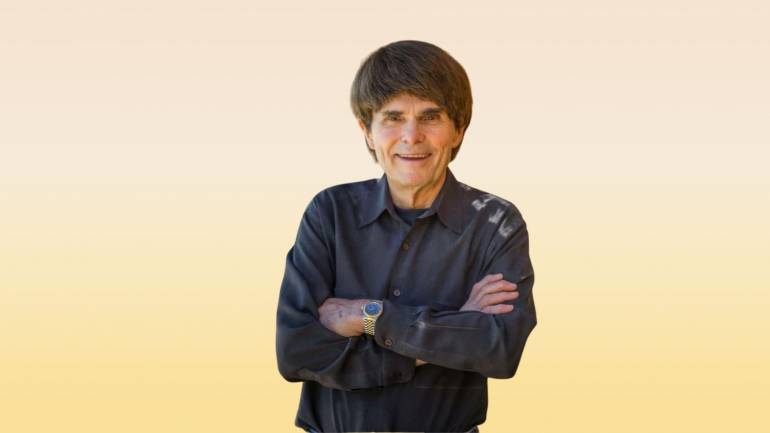Dean Koontz's journey: From troubled childhood to best-selling author and Catholic convert

Koontz's novels often depict the triumph of good over evil, reflecting his Catholic faith.
Before Dean Koontz became a literary titan, selling over 500 million copies in 38 languages, he endured a difficult childhood.
Born in 1945, Koontz grew up in poverty in a small Pennsylvania town. His father, Raymond, was an alcoholic, gambler, womanizer, and abusive husband and father, having lost more than 40 jobs.
Koontz and his mother, Florence, attended the United Church of Christ, though his father rarely joined them.
Raymond’s frequent threats to kill Koontz and his mother instilled a deep fear in the young boy.
These threats culminated in two attempts on Koontz's life, once during his youth and later when his father attacked him with a knife in a nursing home.
The trauma from these experiences profoundly influenced Koontz's writing, which often explores themes of darkness and evil.
"I can walk in the rose garden, watch the joyful capering of my dog, and see the indisputable work of God.
Koontz, an only child, found solace in the Catholic faith after meeting his future wife, Gerda, in high school.
Gerda, a junior and a Catholic, introduced Koontz to a loving and harmonious family environment, starkly different from his own.
This contrast sparked his interest in Catholicism, leading to his conversion during college.
In 1967, Koontz began working as an English teacher at Mechanicsburg High School.
He wrote his first novel, "Star Quest," during his free time, and it was published in 1968 when he was just 23.
The following year, he published three more novels: "The Fall of the Dream Machine," "The Dark Symphony," and "Fear That Man."
Koontz's career breakthrough came with "Whispers" in 1980, which became a New York Times bestseller and was later adapted into a film in 1990.
Over a dozen of his novels have been turned into films. Koontz also wrote under various pen names, including Aaron Wolfe, Brian Coffey, David Axton, Deanna Dwyer, and John Hill.
His 2003 thriller, "Odd Thomas," became a New York Times bestseller and spawned six sequels. The series follows a clairvoyant fast-food chef who confronts evil forces, embodying Koontz’s belief that evil exists but can be overcome by good.
Koontz's novels often depict the triumph of good over evil, reflecting his Catholic faith. He believes in showcasing the reality of evil to highlight the importance of battling it, a theme prevalent in his works.
In an interview with the National Catholic Register in 2007, Koontz expressed his appreciation for the beauty and wonder of the world, which he sees as evidence of divine grace.
He said, "I can walk in the rose garden, watch the joyful capering of my dog, and see the indisputable work of God. The key is beauty... The older I’ve gotten, the more beauty, wonder, and mystery I see in the world, which is why there are ever more of those three things in my books."
Through his writing, Koontz aims to remind readers that, despite fierce challenges, good ultimately prevails.
His works continue to inspire and entertain, driven by his deep faith and belief in the triumph of good over evil.








